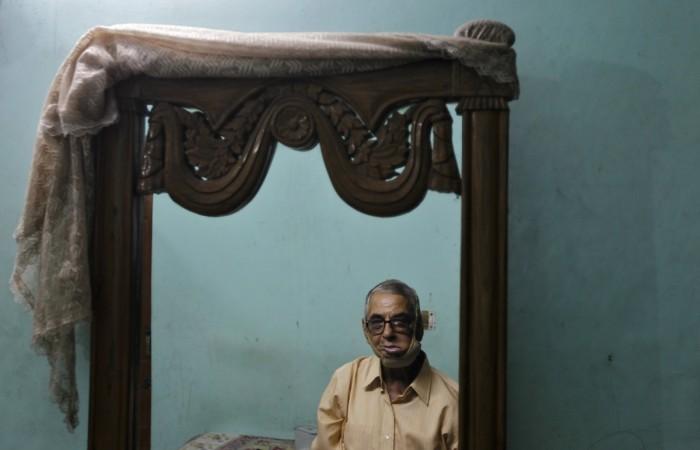
Researchers at Kochi-based Amrita University's Centre for Nanomedicine have identified a new technology that would enable cancer detection possible in less than 30 minutes.
The new technology, which is likely to be developed in 2 years, uses Raman nano-sensor to detect pre-cancerous and cancerous cells. Nano-sensors refer to any surgical, chemical or biological sensory points which are used for conveying precise data about nanoparticles.
Earlier, researchers Shantikumar V Nair and Manzoor Koyakutty used lasers for detecting toxins present in food with the help of the technique called Raman spectroscopy. The detected contaminants portrayed a unique pattern and Nair got the idea of spotting cancer cells in human tissues with the help of lasers.
This idea pioneered the technology which allows cancer detection without visiting a hospital. The team is presently developing a hand-held instrument for detection of oral cancer.
"We used the method on samples of oral cancer, normal tissues and pre-cancerous tissues. The first set of positive results came two years ago," Nair, the dean of research at Amrita University, said.
This team was allotted an amount of Rs 60 lakh by the department of biotechnology to devise the gadget, which is assumed to be sold for Rs 10 lakh.
The device will be comprised of a Raman nano-sensor to achieve magnified signals from the tissues. This would aid in better and quicker assessment of the signals just within half an hour.
Nair said that this gadget would aid the screening of cancer at community level and serve the masses without making them to go to hospitals.
"In principle, it can diagnose any cancer from which Raman spectra can be obtained... We have paid more attention to oral cancer because of the possibility of screening for these cancers early and also because oral cancer is on the rise and is curable if detected early," Nair concluded.

















